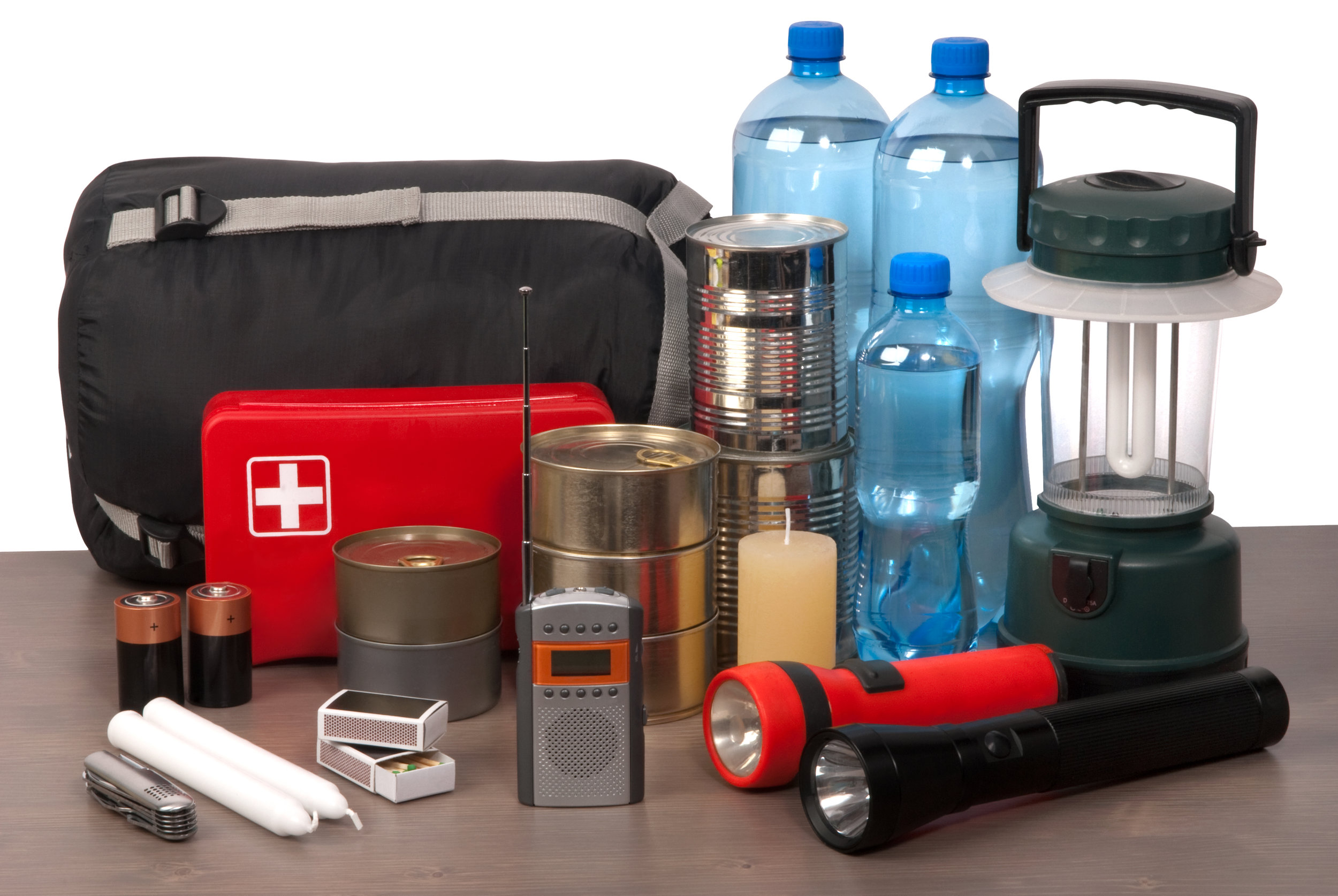The recent earthquake which shook everyone and scared many individuals and families, especially those with small children, got everyone thinking, “Are we prepared enough for an earthquake such as this?” If you found yourselves panicking, running to evacuate your homes or buildings, and just grabbing anything your hands could get on your way, don’t worry, you’re not alone. It’s not too late to prepare for natural disasters such as earthquakes. Be informed. Be prepared. Be safe. Safety information should start at home.
Here are some reminders on preparing for an earthquake and what to do before, during and after it.
BEFORE AN EARTHQUAKE OR EMERGENCIES
1. Prepare a BASIC GO BAG or a Survival Bag which contains the following:
-
Water (1 gallon per person a day)
-
Food (non-perishable, easy to prepare meals such as canned goods, crackers, cereals, etc.)
-
Clothes/Footwear/Undergarments
-
First Aid Kit
-
Medicines
-
Toiletries (bath soap, sanitary napkins, toilet paper, wipes, alcohol, hand sanitizer)
-
Insect repellent
-
Important documents/family photo/contact details
-
Tools/Supplies (chargers, battery packs, flashlight, radio, watch, whistle, extra money, multi-purpose knife, small mirrors)
If you’re a mom with babies or toddlers, here’s what you should pack:
-
Breastfeeding essentials: battery-operated breast pump, extra batteries, storage bags, insulated bags or containers
-
Infant formula, bottles, sterilizing tablets, bottle cleaner, diapers, changing mats,
-
Baby’s feeding items (food, bowl, spoon, and glass)
-
Hooded blankets or towels
-
Face masks
-
If pregnant, make sure to bring all prenatal supplements, prenatal book with complete medical records, birth plan, OB-GYN contact details, and carry your hospital bag as well (containing your newborn baby’s essentials and your post-natal needs)
-
Books, games, puzzles or other activities for children
2. Prepare a Family Disaster Plan and discuss with your family what to do in case of emergencies. Here are what you may discuss:
For older family members and household help, especially when you’re not at home:
-
How earthquakes and other emergencies may affect each member of the household.
-
Emergency contact numbers to call or message should an earthquake happen.
-
Where the GO bags are located so when it’s time to evacuate, they know where to get them. It’s recommended that GO Bags be placed near the main door of the house.
-
Give each member a task should an earthquake or other emergencies happen such as who shall hold the smaller kids, who shall bring the bags or who shall call people.
-
Possible meeting places outside the home.
For children:
-
Tell them how to Drop, Cover, and Hold.
-
Tell them the importance of preparing for an earthquake and other emergencies.
-
Help them prepare their own GO Bags
-
Tell them where to locate the laminated contact persons in their GO bags
-
Quiz or practice these procedures with them
DURING AN EARTHQUAKE OR EMERGENCIES:
1. Stay calm, stay put, stay alert.
2. Remember to Drop, Cover, and Hold. Find a desk to hide under and stay there until shaking stops.
3. Evacuate the building or your house and move to an open space away from buildings, trees, and power lines. Use the stairs or fire/emergency exits of the buildings when evacuating, elevators are usually non-operational as an SOP. If in a vehicle, remain in the vehicle.
AFTER AN EARTHQUAKE OR EMERGENCIES:
1. Keep yourselves updated by watching or listening to the news on TV or radio.
2. Inform your relatives or friends about your condition and your whereabouts.
3. Check yourself for any injuries and your homes for damages in water or electrical lines and have them reported and repaired.
4. PRAY. We don’t know when the next one is coming so apart from preparing, praying is the best way to keep our families united, hopeful, and strong.
We are with you in hoping that no aftershocks or big earthquakes will follow which may cause injuries to people damages to establishments and worries among families. But there are things beyond our control and the only thing we could control is ourselves and our preparedness. We hope this list may help you and your family prepare better so the next time it happens, you’re more at peace that you’ve done your best to prepare for it.
If you have any tips to add to this topic or questions, please share them below on our comment section. For updates and more tips, like Mommy Mundo on Facebook https://www.facebook.com/mommymundo/ and Instagram https://www.instagram.com/mommymundo/.


Leave a Reply